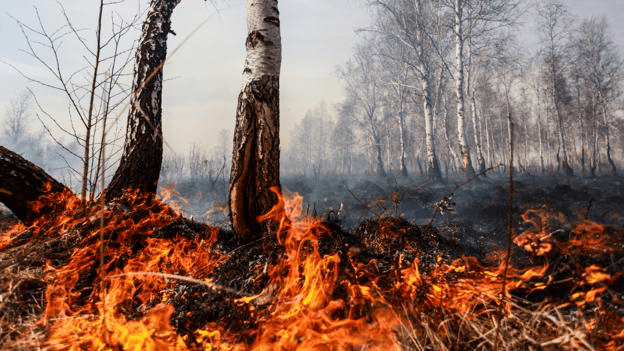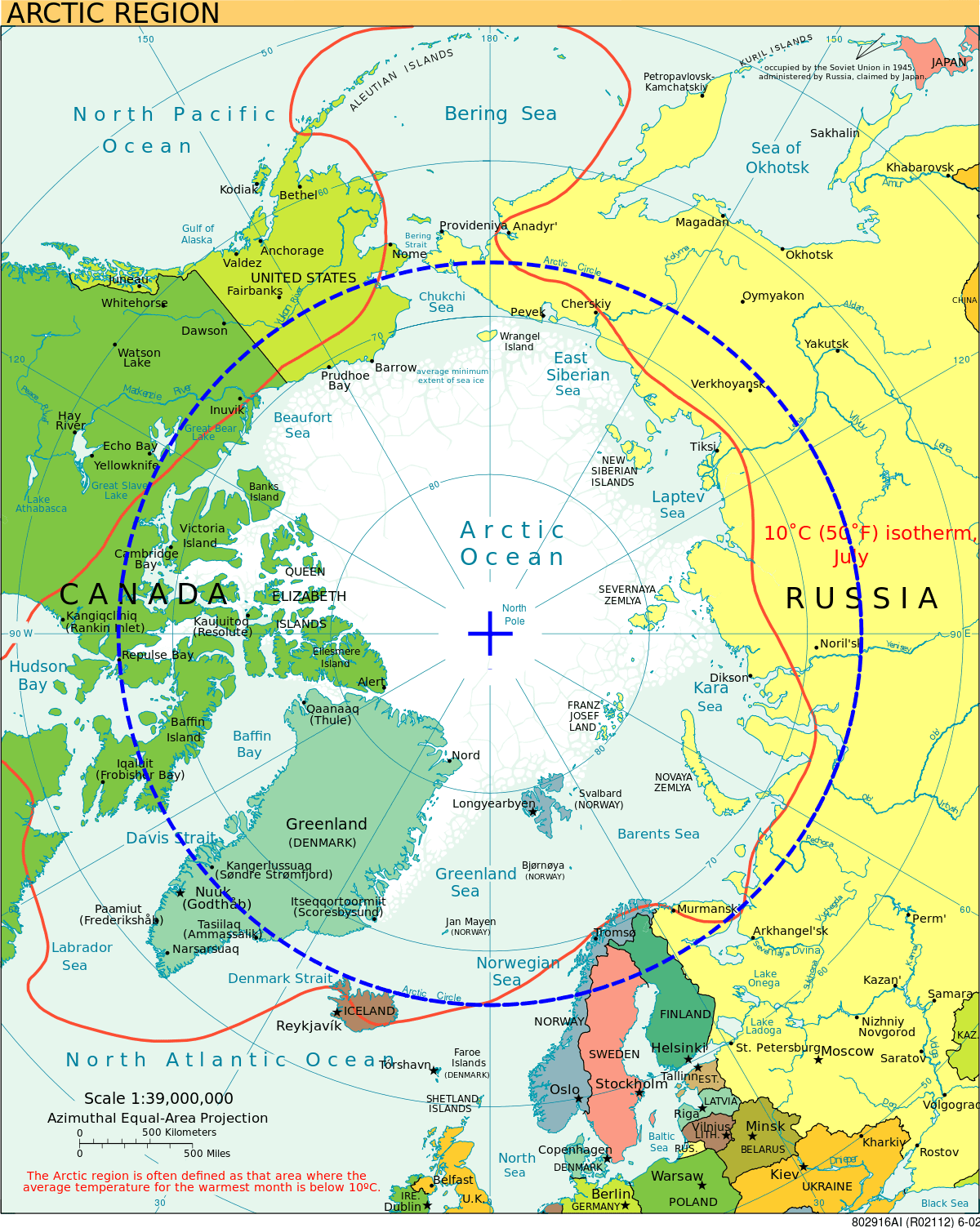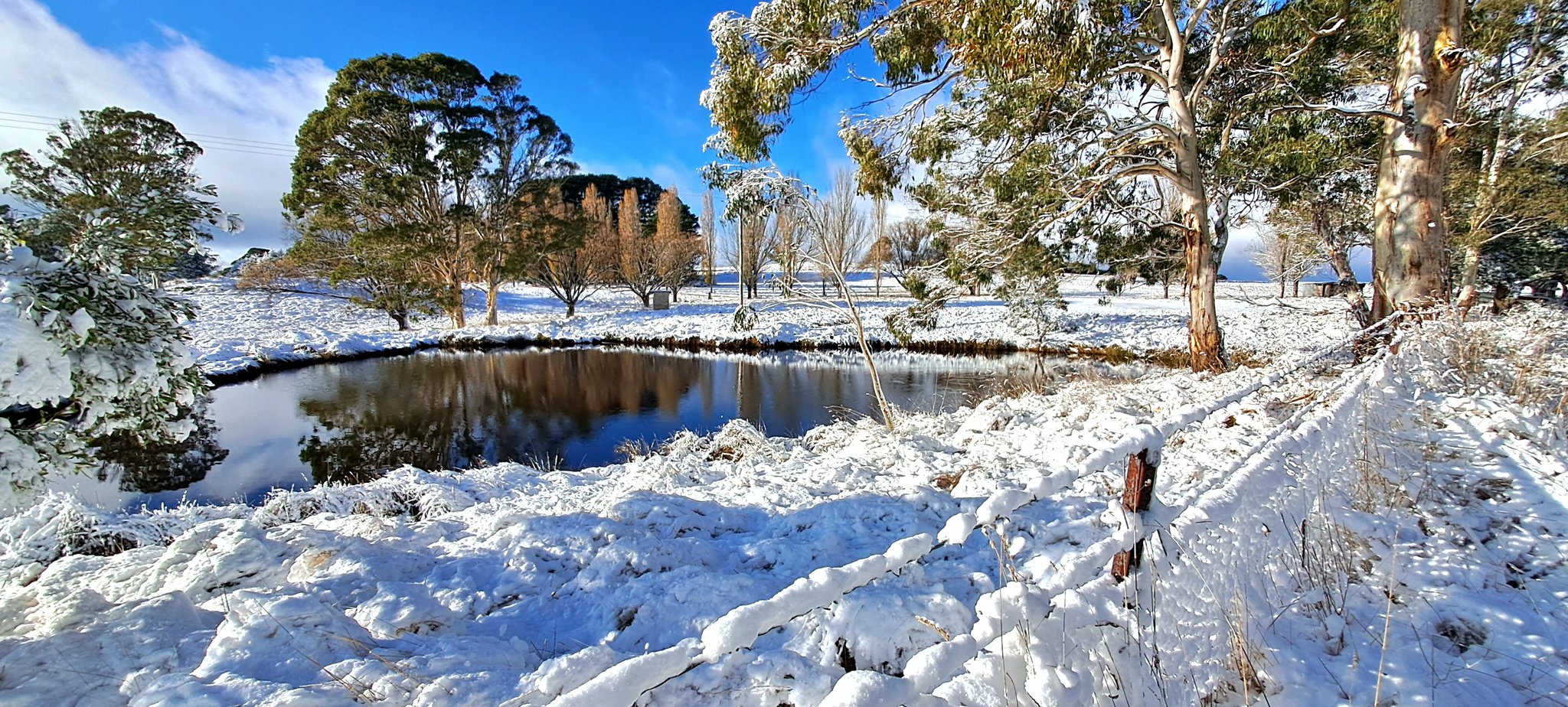
This past Saturday, June 20th proved to be the hottest day ever recorded in the Arctic. In the town of Verkhoyansk, in Siberia, Russia a high temperature for the day of 100.4ºF (38ºC) was recorded, which is the hottest temperature ever recorded in the Arctic. The previous high was 99.1ºF (37.3ºC).
The Arctic has seen many temperature records broken in the past few decades with well above average temperatures since January. Just last month, May was 18ºF (10ºC) warmer than average. Many other northern towns around the globe have seen unprecedented temperatures recently, such as Caribou, Maine where they tied the all-time high temperature of 96ºF (35.6ºC) on Friday.
- Related Stories: May 2020 Was 18ºF Warmer Than Average in Siberia
The Arctic Crisis:
- Retreating sea ice in the Arctic drastically decreases the albedo of that area thereby increasing the amount of energy absorbed by the earth. This becomes a positive feedback loop.
- The addition of freshwater into our oceans not only contributes to sea level rise but also changes the ocean currents around the globe.
- Melting permafrost releases more carbon dioxide and methane into the atmosphere instead of being trapped in the ground for millennia.
- The Arctic is warming more than double the rate of the global average.
- Fires are intensifying warming by emitting even more carbon dioxide and other greenhouse gasses into the atmosphere
Why should you care that the Arctic is in crisis?
- The Arctic and Antarctic regions are the early warning systems for the rest of the world and we have ignored the distress signals for decades.
- Melting ice and ocean warming leads to sea-level rise, which threatens every coastline on earth.
- The Arctic region is home to many unique species of flora and fauna, many of which will go extinct due to the rapidly changing environment.
- With an unstable Arctic climate, more severe weather patterns are predicted globally.





